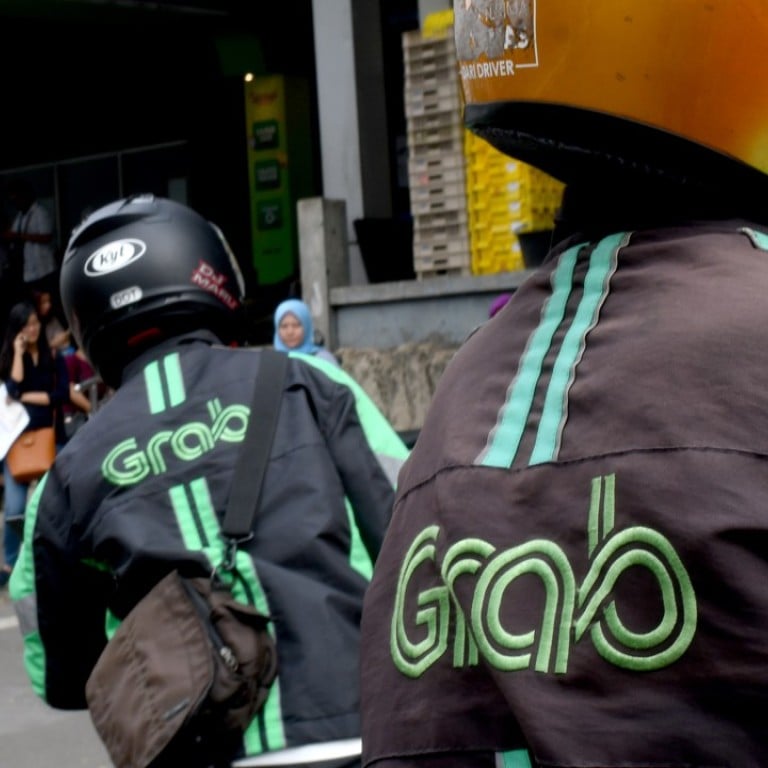
Singapore’s Grab makes foray into health care with Ping An Good Doctor tie-up
Southeast Asia, with its population of about 660 million, has long been seen as the next big market for China’s tech companies
Southeast Asian ride-hailing platform Grab on Thursday said that it is moving into health care via a joint venture with China’s Ping An Good Doctor, in a move to provide the region with online medical services.
The joint venture will give people in Southeast Asia access to artificial intelligence-assisted online medical consultations, medicine delivery and appointment bookings, according to a Grab statement.
“Ping An Good Doctor is an industry leader in online health care and has developed a proven business model around a complex challenge in China,” Grab chief executive Anthony Tan said in a statement. “Grab was founded on the principle of bringing accessible and affordable services to the masses in Southeast Asia, be it in transport, payments, food delivery or groceries”.
“We will quickly replicate most of our services in China to the new Southeast Asia platform,” Wang Tao, chairman and chief executive of Ping An Good Doctor, said at a press conference on Thursday. “We will even bring our traditional Chinese medicine services there, as there are many Chinese immigrants in Southeast Asia.”
The Shanghai-based medical services provider is also the latest partner to join GrabPlatform, the third-party services platform by Singapore-based Grab that lets users book a variety of services directly through the Grab app. Announced in July, the platform marked Grab’s ambition to become an “everyday app”, where consumers cannot only order a ride with Grab but also schedule deliveries, order groceries and now even schedule doctor’s appointments.
Internet companies like Grab are taking a leaf out of the books of Chinese technology companies like Tencent Holdings and Alibaba Group Holding, both of which have built massive ecosystems of services ranging from food delivery to payments. Having “super app” platforms are also a way to increase user stickiness and helps to support payments businesses – Grab itself has in recent years pushed its own GrabPay payments service, which will also see a boost in transactions if users can book and pay for third-party services within the app.
Grab will have a 30 per cent stake in the joint venture, with Ping An Good Doctor holding the rest. The two companies will put up an initial investment of US$20 million, although they may provide additional funding of up to US$120 million, according to a Ping An Good Doctor filing to the Hong Kong stock exchange. The joint venture will probably begin its services in the first quarter.
Ping An Good Doctor, formally known as Ping An Healthcare and Technology Co, declined to elaborate on which markets will be first. A spokeswoman for Grab said that the company is “looking at Indonesia closely”.
Southeast Asia, with its population of about 660 million, has long been seen as the next big market for tech companies. Different countries in the region have differing health care standards and availability. Delivery of health care through the internet could help solve some access challenges, especially in countries like Indonesia, with its thousands of islands and a big rural population.
Ping An Good Doctor, which was spun off from the Ping An Insurance Group and listed in Hong Kong in May this year, has seen its stock price slide almost 23 per cent from its initial offering price of HK$54.80. Ping An Good Doctor’s share price closed at HK$42.50 on Thursday, down 2.3 per cent ahead of the announcement.

